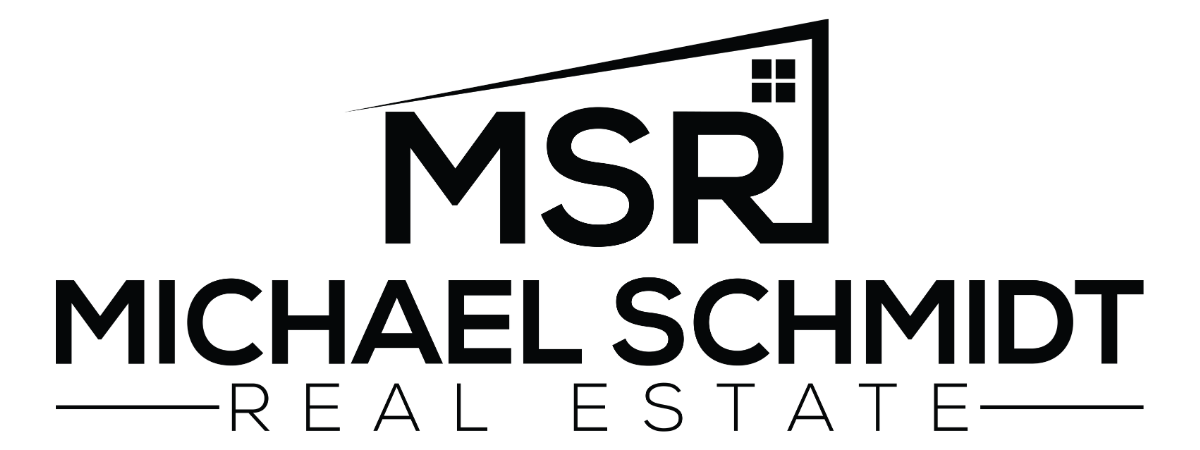[optima_express_quick_search style=”universal”]
- Off Market Listings

Loan options for first-home buyers
The first sign of a sustainable fall in mortgage costs will likely inspire thousands of young Americans to jump into the property market for the first time.
But making your first purchase is not just about finding the ideal property; there is lots to think about.
You want to have a good team working for you, including a great agent, lawyer and mortgage broker, who will all help you navigate through the buying process.
Inexperienced buyers often do not realize there are several types of loans to choose from to ensure your first home is affordable.
The selection of banks and their various loan products can be bewildering, even for an experienced buyer. This is why more than $26 billion is expected to pass through the hands of brokers in America this year, according to researcher IBIS World.
This checklist will give you a head start.
Fixed-rate loan
This is the most popular loan, although with rates at around 6% to 7%, many buyers are waiting for the percentage to drop before fixing their rate. Loans can run for 30 years.
Ups and downs
Adjustable-rate mortgages (ARM) will give you the benefit of falling mortgage costs when the rates go down. If the economic picture remains stable, this is a good time to opt for an ARM.
FHA loan
To qualify for a Federal Housing Administration loan, you need to meet certain criteria. You only need a deposit of 3.5% but the loan limit maxes out at $417,000. Government-backed, these loans are available for 15 or 30-year periods only.
VA loan
If you’ve served in the military, you will qualify for a Veteran Affairs loan. You’ll either have needed to serve for 180 consecutive days, or seen active duty for 90 days. The rate currently stands around 5.7%, some 20% cheaper than those offered by a commercial bank.
USDA loan
This is the perfect product for families living outside cities. The Government will give you a 100% mortgage to make ownership of a rural home an achievable goal. Your repayments must not exceed 41% of your total household income. The current adjustable rate is hovering around 7%.

 Facebook
Facebook
 X
X
 Pinterest
Pinterest
 Copy Link
Copy Link

